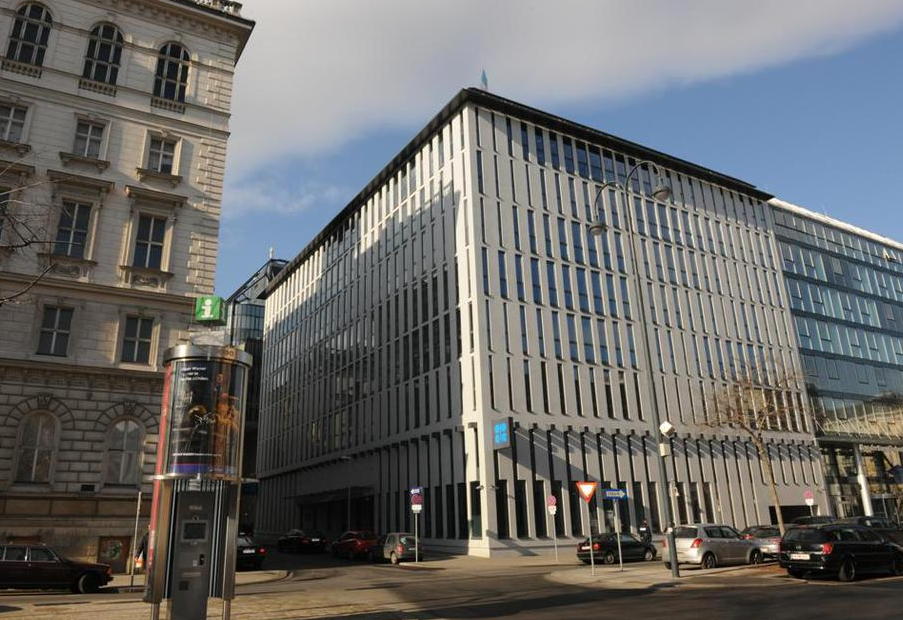
As expected, the OPEC meeting concluded in Vienna on 2 June without agreement on a production ceiling.
The financial pressure on OPEC has been eased by the increase in the oil price during April and May, with Brent occasionally breaking $50/barrel in the run up to the OPEC meeting.
Supply and demand are starting to rebalance. Oil companies have reduced capital expenditure by hundreds of billions of dollars in the past two years leading to non-OPEC supply falling by more than 1 million barrels per day from its peak in 2015.
OPEC expects supply to decline by a further 740,000 barrels per day in 2016 and global demand to expand by 1.2 million barrels per day.
Rebalancing has also been helped by temporary but significant outages, particularly in Canada, Nigeria and Venezuela.
It is reasonable to predict that, without OPEC intervention, the average Brent price will be around $50/barrel in the second half of 2016, increasing to around $60/barrel in 2017.
Even Saudi Arabia runs a significant budget deficit at those prices.
Since the object of reducing non-OPEC and in particular US shale production has been achieved, non-OPEC Russia appears willing to participate in a cut and only a relatively small reduction in production would be required to increase the price, why was there no deal in Vienna?
Was it just because the market is starting to rebalance or because of the desire to avoid encouraging investment in US shale, the new swing producer?
This was the first scheduled OPEC meeting since the easing of international sanctions on Iran in January.
With other OPEC countries pumping at or near capacity, it is understandable that Iran will want to do the same before agreeing to a ceiling on its own production and that Saudi Arabia will want to agree a baseline for Iran using actual rather than forecast numbers.
To realise its potential, Iran needs access to international capital and technology.
This continues to be a challenge despite the easing of sanctions and the scale of Iranian reserves.
In part, this is due to the continuing US primary sanctions and a reluctance of European banks with US banking licenses to be involved.
It is also due to concerns about complex regulations, dispute resolution mechanisms, labour issues and other difficulties of doing business in Iran.
The speed at which Iran can increase output may dictate the timing of any coordinated action by OPEC. The next OPEC meeting is scheduled for 30 November.
Bruce McLeod is an oil & gas partner at Burness Paull LLP